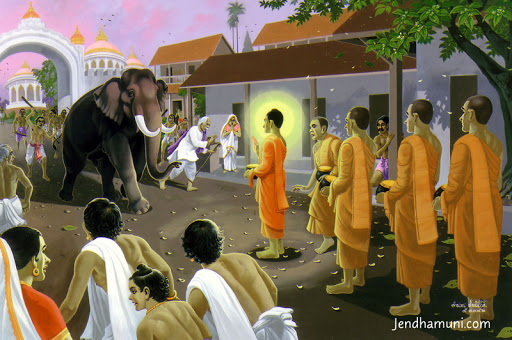An angry person

An angry person is ugly & sleeps poorly.
Gaining a profit, he turns it into a loss,
having done damage with word & deed.
A person overwhelmed with anger
destroys his wealth.
Maddened with anger,
he destroys his status.
Relatives, friends, & colleagues avoid him.
Anger brings loss.
Anger inflames the mind.
He doesn’t realize
that his danger is born from within.
An angry person doesn’t know his own benefit.
An angry person doesn’t see the Dhamma.
A man conquered by anger is in a mass of darkness.
He takes pleasure in bad deeds as if they were good,
but later, when his anger is gone,
he suffers as if burned with fire.
He is spoiled, blotted out,
like fire enveloped in smoke.
Anguttara Nikaya VII.60
















